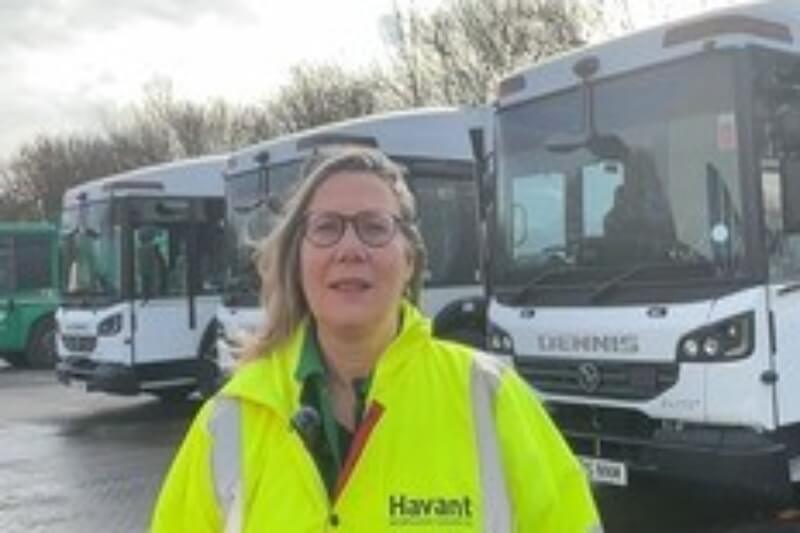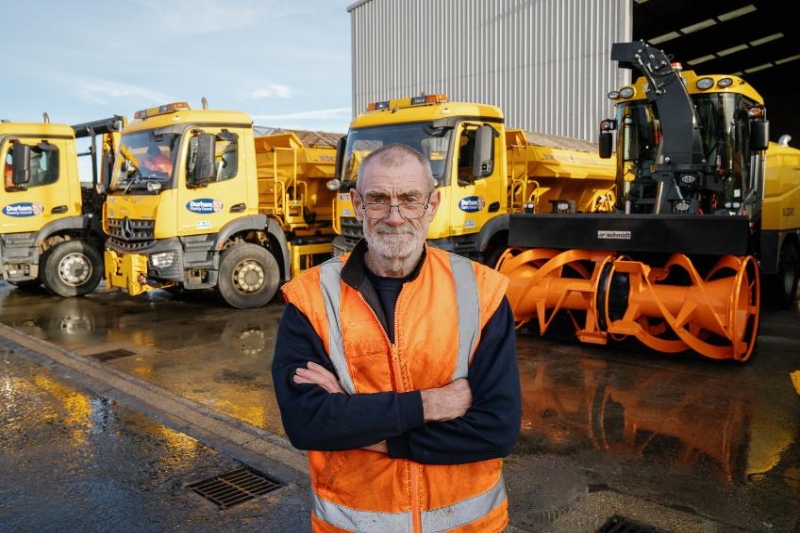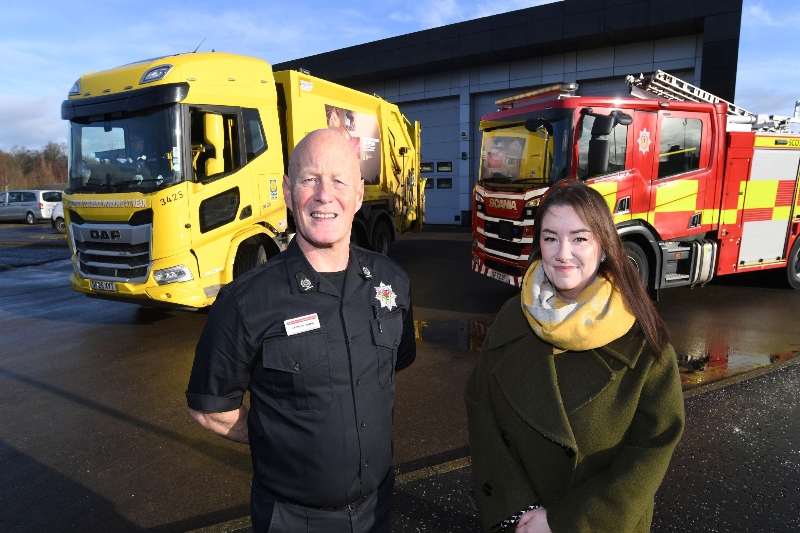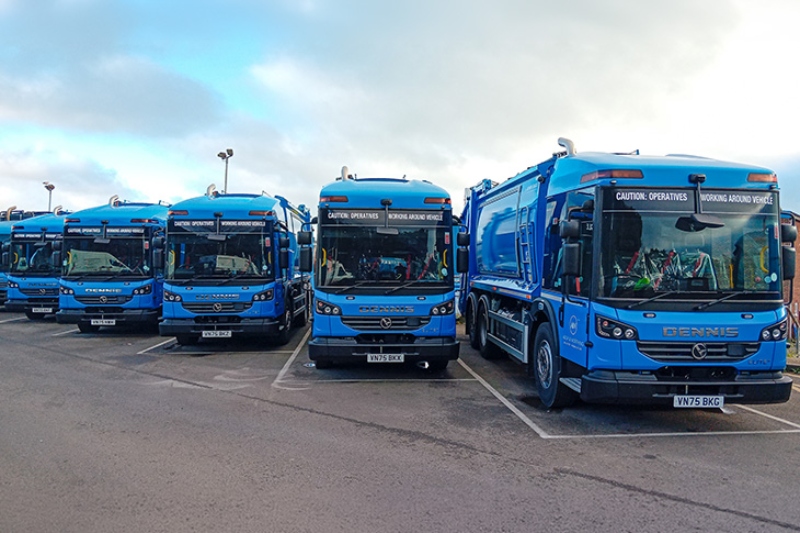The prime minister has outlined a 10 point plan for a 'green industrial revolution' including bringing forward a ban on the sale of new petrol and diesel cars and vans to 2030.
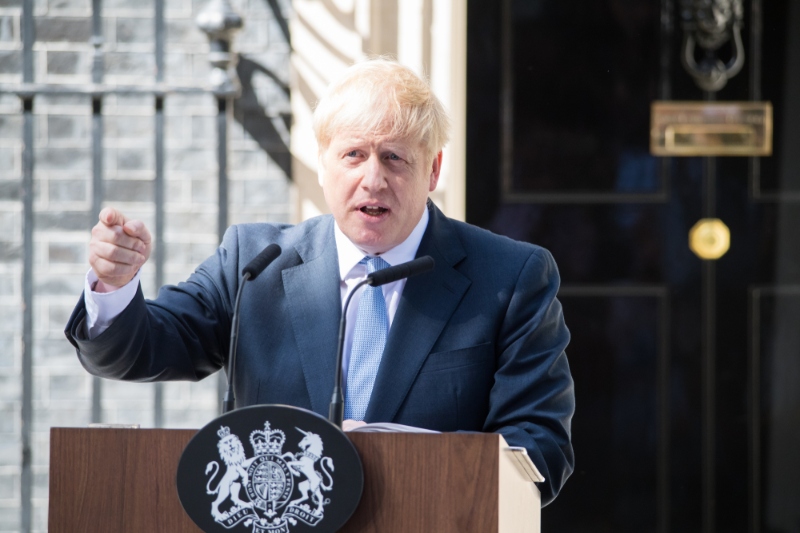 New hybrid cars and vans will be sold until 2035.
New hybrid cars and vans will be sold until 2035.
'The plan will mobilise £12bn of government investment to create and support up to 250,000 highly-skilled green jobs in the UK, and spur over three times as much private sector investment by 2030,' officials said.
With transport now the worst sector for greenhouse gases - accounting for 28% of domestic emissions - the Government has also pledged a wider investment in the electric car network as well as a commitment to active travel.
A £1.3bn fund has been allocated to the rollout of public electric vehicle chargepoints in homes, streets and on motorways across England - although at least £500m of this was already announced in the March Budget.
The Government also appears to have boosted its consumer incentive for those buying ultra-low emission vehicles by £50m, with £582m now allocated for grants up from £532 in March.
There will also be £500m over the next four years for the development and mass-scale production of electric vehicle batteries, as part of an existing £1bn commitment to provide up to boosting the UK's manufacturing base.
The ten points, which are designed around 'the UK’s strengths', are:
1. Offshore wind: Producing enough offshore wind to power every home, quadrupling how much we produce to 40GW by 2030, supporting up to 60,000 jobs.
2. Hydrogen: Up to £500m for first trialling hydrogen homes, then a hydrogen neighbourhood in 2023 and a hydrogen village by 2025, with the aim of creating a hydrogen town of tens of thousands of homes before the end of the decade. Of this cash, £240m will go into new production facilities to generate 5GW of low carbon hydrogen production capacity by 2030.
3. Nuclear: Advancing nuclear as a clean energy source with £525m to help develop large and smaller-scale nuclear plants, and research and develop new advanced modular reactors.
4. Electric vehicles: Backing the UK's manufacturing bases including in the West Midlands, North East and North Wales to accelerate the transition to electric vehicles and supporting infrastructure.
5. Public transport, cycling and walking: Making cycling and walking more attractive ways to travel and investing in zero-emission public transport of the future.
6. Jet Zero and greener maritime: £20m for a competition to develop clean maritime technology, such as feasibility studies on key sites, as well as support for creating zero-emission planes and ships.
7. Homes and public buildings: £1bn next year to make new and existing homes and public buildings more efficient as part of Public Sector Decarbonisation Scheme, extending the Green Homes Grant voucher scheme by a year and a target to install 600,000 heat pumps every year by 2028.
8. Carbon capture: An extra £200m of new funding to create two carbon capture clusters by the mid-2020s, with another two set to be created by 2030. This increases the total invested to £1bn, with the ambition of becoming a world-leader in the technology in order to remove 10MT of carbon dioxide by 2030, equivalent to all emissions of the industrial Humber today.
9. Nature: Protecting and restoring the natural environment, planting 30,000 hectares of trees every year.
10. Innovation and finance: Developing the cutting-edge technologies needed to reach these new energy ambitions and make the City of London the global centre of green finance.
Boris Johnson said: 'Although this year has taken a very different path to the one we expected, I haven’t lost sight of our ambitious plans to level up across the country. My 10 point plan will create, support and protect hundreds of thousands of green jobs, whilst making strides towards net zero by 2050.
'Our green industrial revolution will be powered by the wind turbines of Scotland and the North East, propelled by the electric vehicles made in the Midlands and advanced by the latest technologies developed in Wales, so we can look ahead to a more prosperous, greener future.'
The Government will also launch a consultation on how to phase out new diesel HGVs, although no date has been set yet.
This article was originally published by Transport Network.
Image: Michael Tubi / Shutterstock.com.



